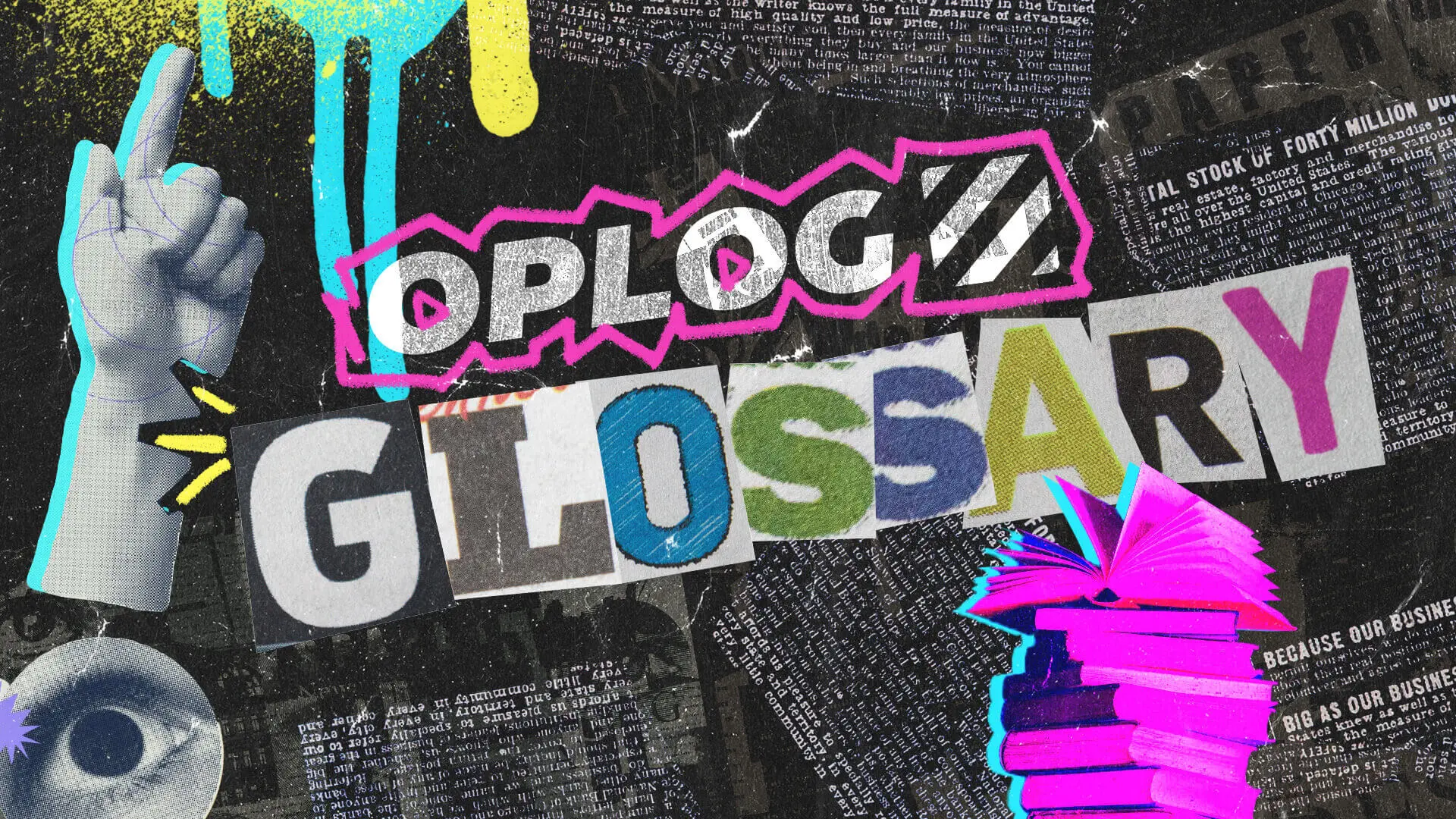
Flexible Fulfillment
What is Flexible Fulfillment?
Flexible Fulfillment is a fulfillment strategy that allows brands to adapt quickly to changes in demand, channel mix, geography, and product flow without restructuring their entire logistics operation. It involves the ability to scale capacity, switch between sales channels (DTC, B2B, marketplace), and fulfill from multiple locations or systems—based on real-time needs.
OPLOG is a leading provider of flexible fulfillment, offering modular, pay-as-you-go logistics infrastructure powered by robotic automation and centralized visibility, enabling brands to operate with agility across domestic and cross-border markets.
What are the benefits of Flexible Fulfillment?
- Scalability without friction: Easily ramp operations up or down in response to sales peaks, product launches, or new market entry.
- Omnichannel readiness: Fulfill across DTC, marketplace, and retail channels from a single infrastructure.
- Lower operational risk: Avoid overcommitting to fixed capacity and reduce inventory imbalances across locations.
- Improved customer experience: Adapt delivery methods and SLAs to meet customer expectations dynamically.
- Cross-border agility: Use distributed fulfillment centers to support fast, cost-effective international delivery.
What are the differences between Flexible Fulfillment and Traditional Fulfillment Models?
- Adaptability: Flexible Fulfillment adjusts to real-time business needs; Traditional Fulfillment is built around static, long-term capacity planning.
- Cost structure: Flexible models like OPLOG offer pay-as-you-go pricing; traditional models often rely on fixed contracts and warehouse leasing.
- Tech infrastructure: Flexible Fulfillment uses centralized software and automation (e.g. TARQAN); traditional models often lack unified visibility and rely on manual processes.
- Speed to change: Flexible systems can adapt to promotions, new product SKUs, or demand shifts within days; traditional systems take weeks or months to reconfigure.
- Channel flexibility: Flexible Fulfillment enables true omnichannel execution; traditional models are often siloed by B2B or B2C specialization.

Tell us About Your Brand
Your fulfillment partner managing your post-purchase processes